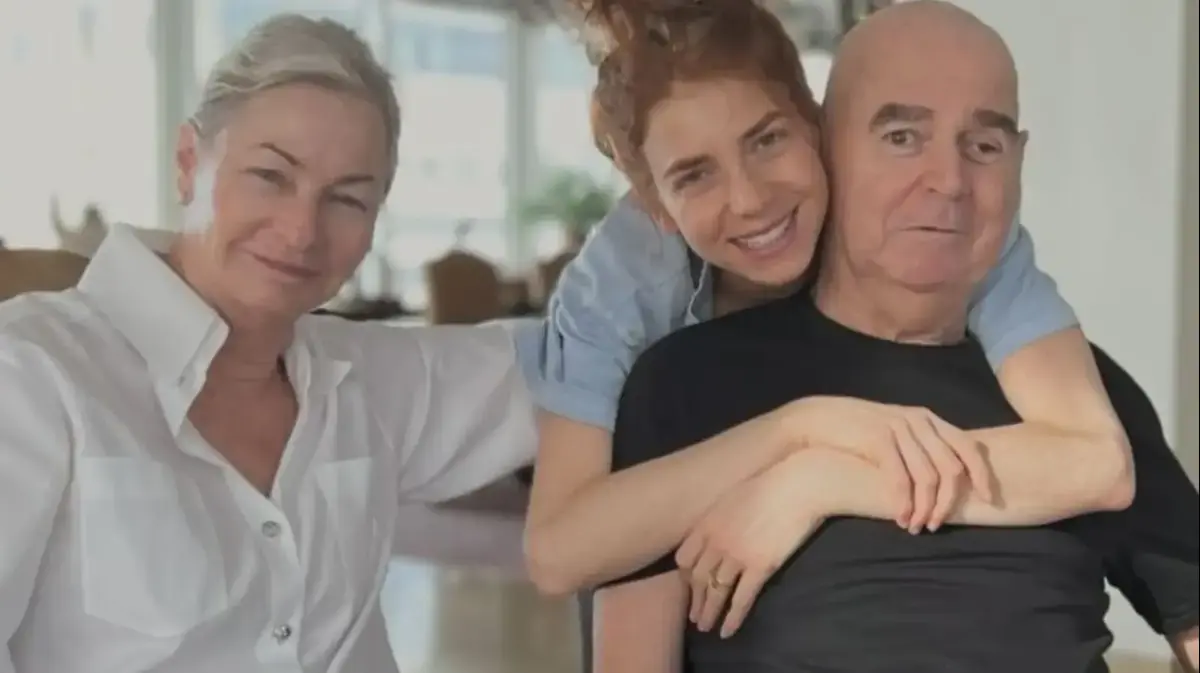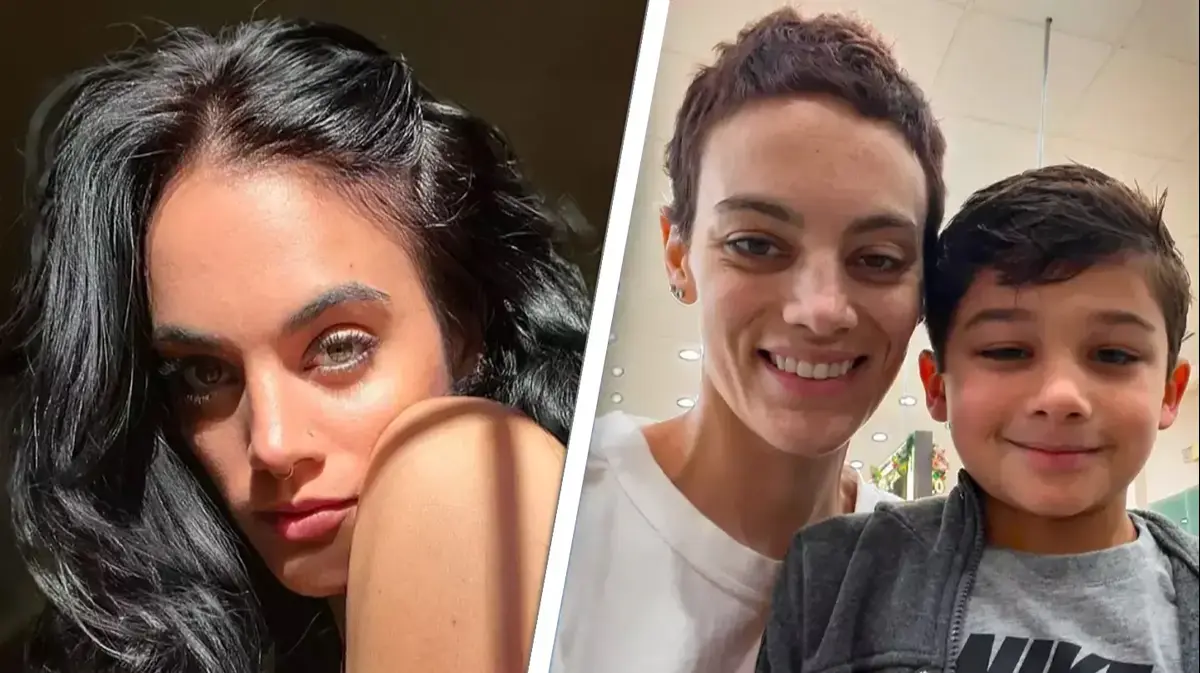As with the great events of history, almost everyone remembers where he was when his brain boomed when he heard the song that marked his sentimental education. It is easy to be recorded what we were doing when that key theme sounded that would pave the way to define our taste and shape our personality. It happened to Susan Rogers (California, 66 years old) as a child, in the living room of her house, while fiddling with her father's vinyl. "I heard James Brown's Got a Brand New Bag, and then I understood it: that would be my drug. The street where I live belongs to soul," he told the cultural journalist and director of Radio Primavera Sound, Marta Salicrú, last week in a talk in the auditorium of the Center for Contemporary Culture of Barcelona (CCCB), scheduled in the poster of Primavera Pro, an appointment that was held parallel to the Primavera Sound in Barcelona. in which the challenges and novelties were discussed with professionals in the music sector.
More information
What does music do to our brain?
Sound engineer of the artist Prince in his stage of Purple Rain ("I still thank him, in the early eighties there were no engineers in the industry and Prince gave me a seat at the table"), Rogers has worked with artists such as David Byrne or Lana del Rey ("she does know about letters, for something she has tattooed the last names of Walt Whitman and Vladimir Nabokov on her arm"). She was the first woman to receive the Music Producers Guild Award for Outstanding Contributions to Music in the United Kingdom and is a professor of cognitive neuroscience at the prestigious Berklee College of Music in Boston, where Quincy Jones, Diana Krall or Annie Clark (St Vincent), among many others, have studied. Last year he published This Is What It Sounds Like: What the Music You Love Says About You (W. W. Norton, 2022), an essay co-written with Ogi Ogas on why we like the songs we like and what happens in our brain while we listen to them, which Blackie Books will translate into Spanish in a few months and whose keys he deciphered in his talk in Barcelona.
There are only seven variables for you to like a song
And you don't have to meet them all for it to get stuck in your brain. To receive what Rogers defines as a "jolt of pleasure," a song can connect with you by one of four possibilities: melody, lyrics, rhythm/timbre, or the sound itself. That's why, as he explains, "a song doesn't have to speak your language, it can be the melody that makes you connect with it instantly."
To the four musical dimensions, Rogers adds three more of an aesthetic nature that apply beyond songs, and extend to other formats such as films, television series or novels: authenticity in its expressiveness, novelty / familiarity (listening to what breaks schemes or opting for what we already know) or realism versus abstraction (preferring works that are based on reality or choosing those that reflect an imaginary world). "Each dimension is different. I usually connect with dissonance and lyrics, but there are people who do the same thing when they listen to Led Zeppelin's guitar. It's all about finding what our brain understands with."
There is no such thing as good or bad music
"It hurts me a lot when people reject other artists just because they don't like them. We are wrong to think that because something is better for us, it should also be better for others. Those people whose tastes horrify us also know what they want. This is like with clothes or food: you are more of one style than another, you can pay a lot of money for a supposedly exquisite meal, but you can also enjoy what is popularly considered as junk food. The thing about songs is that by being able to select that three-minute art that we think is best for us, we make judgments about the tastes of others. But if we like a song, it's because it just works for us."
Why You Love the Songs You Love
"The brain decides before you consciously think. When we listen to music, neural connections are triggered, and when we like something, we secrete dopamine. Here, the precuneus (a part of the parietal lobe) becomes our internal policeman. It is in charge of determining if what we hear we will like or not. When you listen to music you don't like, your precuneo tunes. He says to himself, "I reject this and I don't want to get involved or associate with it." The brain closes in band and that is why we block ourselves from what we do not like. And it happens to us with artists as it happens to us with certain flavors in food."
Professor and sound engineer Susan Rogers, right, talks with journalist and director of Radio Primavera, Marta Salicrú, at Primavera Pro 2023.Melisa Margarita/ Primavera Pro
Yes, you can get sick if you get crushed with that hateful song
"If you don't like something, it can cause stress and raise your cortisol levels. If you spend a lot of time interacting with that song, it can break your defenses. It makes sense that a bad musical experience would make you feel bad."
Thinking that the music of before was better is a fallacy
"It is normal to take refuge in those songs that we considered pleasant when our brain was developing, like that theme that sounded in the family car when you went on vacation and that you associate with a happy moment. Or that song with which you connected in your youth because you were in an unforgettable vital moment. What really happens is that for many of us it is very difficult to rebuild our listening profile."
The songs that succeed on TikTok are not worse
"I have students who have specialized in remixing 15-second videos for virality. Right now, there's more music than ever before, and its sound is portable. Before, it came down to sitting and listening to the vinyl. You looked at him while listening to him, read his lyrics and looked at the images inside. Music is accompanied by images. For today's music to work, taking into account that you can take it everywhere with your mobile, it must be done with more repetitions than before to listen to it exercising or on your daily journeys. People seek emotional companionship. I am very optimistic, I do not like to argue with those who say that today is terrible. Great things are being done, and probably, those artists and their songs will be the ones that last."
Subscribe to continue reading
Read without limits
Read more
I'm already a subscriber

/cloudfront-eu-central-1.images.arcpublishing.com/prisa/RSNLER7USBDPJL7QG5LGKXQ2PM.jpg)







